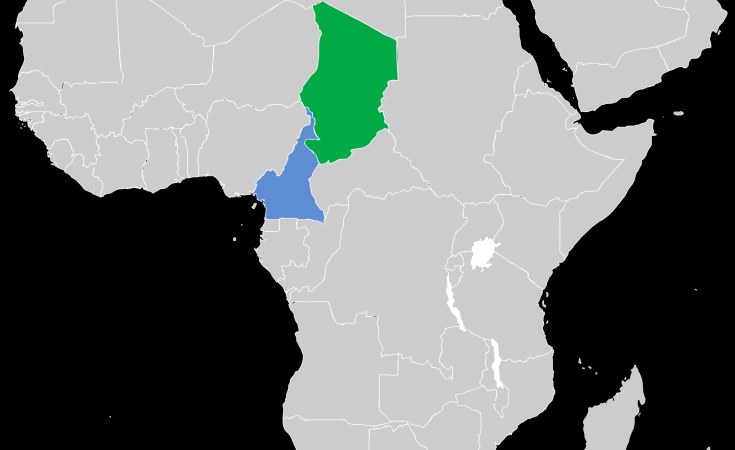As President Paul Biya turns ninety this week, an escalating power struggle for his position leaves most Cameroonians with little to celebrate.
Journalism has long been a dangerous profession in Cameroon, but 2023 has been especially deadly. Just days after the body of muckraking reporter Martinez Zogo was found with clear evidence of having been tortured, another journalist with a history of reporting on corruption, Jean-Jacques Ola Bebe, was murdered in Yaoundé. In the Zogo case, a number of intelligence officers have been detained, along with a prominent Cameroonian businessman, and some reports suggest that the minister of justice was directly involved in the incident. Whether or not all of those responsible for these crimes are ultimately held accountable remains to be seen. What is not in question is that in Cameroon powerful figures are operating far outside the bounds of the law to protect their interests.
Alongside these alarming developments came disappointingly mixed messages on peace talks with separatists aimed at ending a seven-year conflict that has led to thousands of deaths, displaced more than three quarters of a million people, and derailed the education of hundreds of thousands of children. Months of quiet Canadian diplomacy seemed to have set the stage for a new opportunity when the Canadian Foreign Minister, Mélanie Joly, announced on January 20 that the two sides had agreed to mediated talks. But her announcement was quickly followed by a denial from Cameroon's government spokesperson, suggesting that decision makers in Yaoundé had not agreed to any sort of external mediation. The latest confusion came after the collapse of the ill-fated "Swiss process," a three-year effort that the government of Cameroon ultimately abandoned last fall, prompting fears that earnest diplomatic efforts once again amounted to little more than wheel-spinning.
The stops and starts in the peace process, and the increasingly dangerous political climate, both derive from the state of uncertainty in the country around future leadership. President Paul Biya, in power since 1982, just turned ninety, and appears increasingly feeble. General elections are scheduled for 2025. Political elites are jockeying to be Biya's successor and ensure their access to power and resources will be protected, and their power struggles are leading to a fractious and erratic government.
All of this matters not just to the people of Cameroon, but to the region and its international partners, including the United States. A succession competition that spirals out of control would be extremely costly. Security and the rule of law are essential prerequisites to making meaningful progress on priorities from climate change to increasing trade and investment. A collapsing Cameroon would make it harder for Nigeria to get its own security situation and economy back on track. It would further muddy the already murky waters in Chad.
In the worst case, it could provide opportunity for the same actors who have taken advantage of the Central African Republic's unraveling, making Cameroon a target for opportunists and a net exporter of misery in the region. Cameroon's civil society has been working to overcome internal divisions and insist that the well-being of all citizens, not just the powerful, be prioritized in government decision-making. They deserve international support in their efforts to prevent the worst-case scenario, find common ground, and point the way toward a more secure and just Cameroon.


